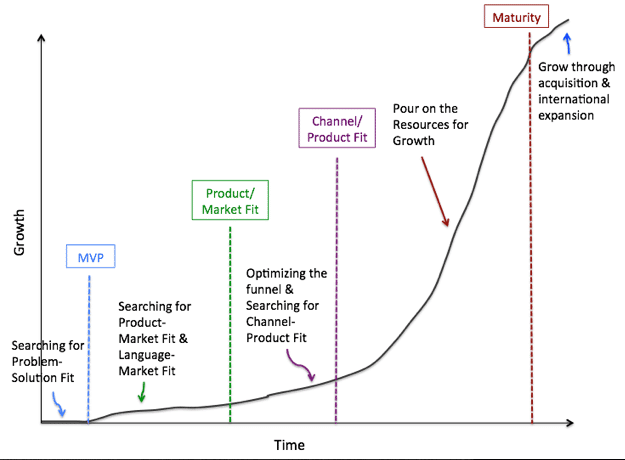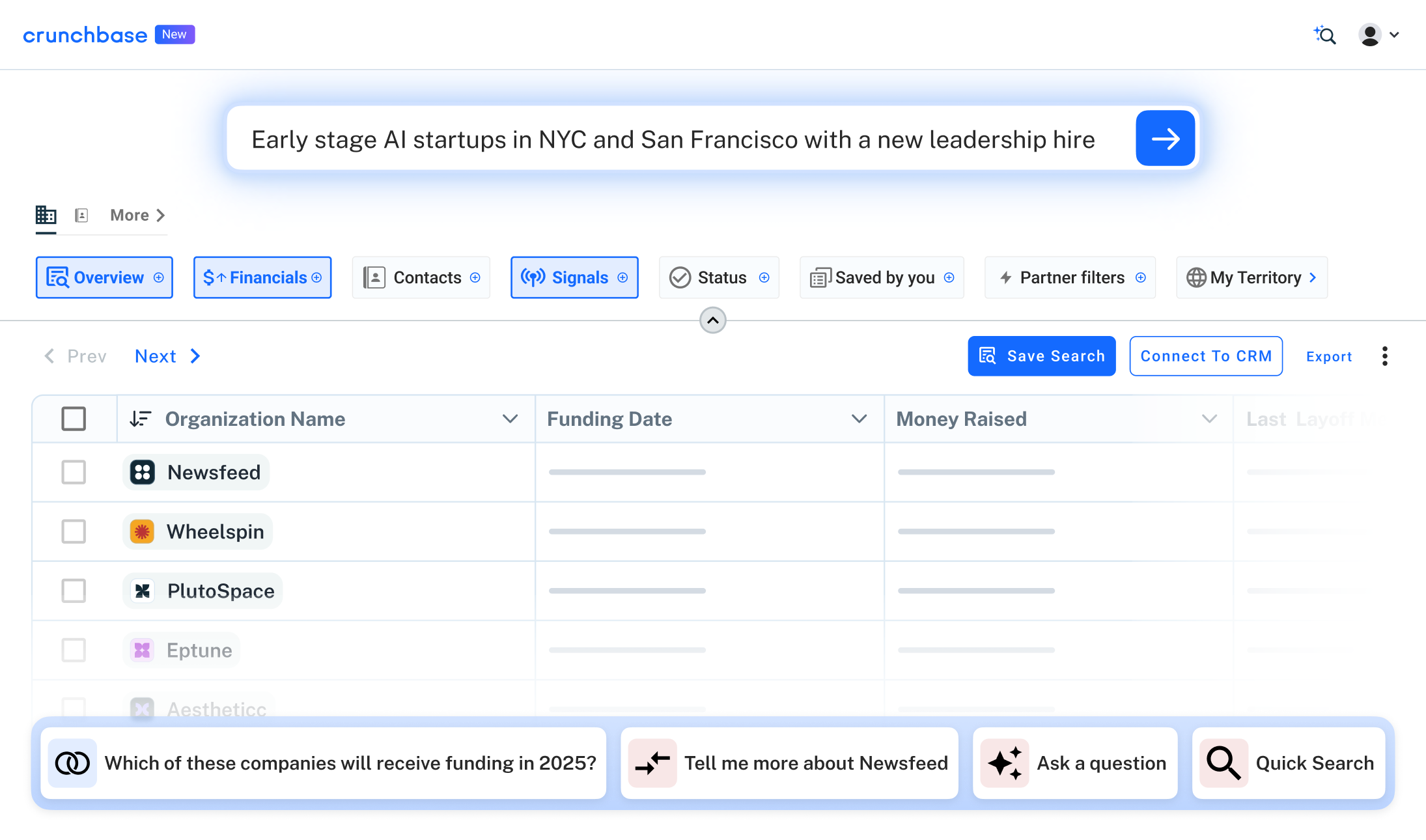When starting our latest venture, my co-founders and I knew that we wanted to scale fast and have rapid startup growth. But I’m really grateful we all agreed to sit down and figure out how we were going to do that in advance.
If you don’t plan ahead, you’re going to bring on the wrong team members, upset your current customers, ruin your cash flow, and wind up in a worse position than when you started scaling.
I learned that the hard way several years ago while trying to scale a supplement business. Our business ramped up in an instant, going from 100 orders a day to 10,000 a day. And initially, that seemed like an amazing accomplishment—until it all came crashing down because our system couldn’t handle that volume. Customers weren’t getting their orders on time, and the product wasn’t in the right packaging. It was a mess.
Startup Growth Doesn’t Have to Be Painful: The Lessons Learned
The silver lining was that I realized foresight is crucial for growing both quickly and sustainably. Here’s how to make sure your business can handle the boom you have in mind:
Create a Flexible Plan for Scaling Your Startup
You need a roadmap of where you’re going before you start gassing up the car.
Your map needs to include the milestones that you want to achieve at reasonable intervals: “Here’s when we hire a project manager. Here’s when we expand our marketing efforts.” But it should also be flexible enough to accommodate the unknown.

Photo source: 5 Phases of the Startup Lifecycle: Morgan Brown on What it Takes to Grow a Startup (Growth Marketing Conference)
You’ll inevitably have ups and downs—situations you never expected with startup growth.
But as Henri Poincaré once wrote, “It is far better to foresee even without certainty than not to foresee at all.”
At ShipChain, for example, our team has a five-year plan for scaling. We’ve also pivoted several times already and had to change our focus as we started getting feedback from customers. Sometimes, a goal that was on next year’s list needs to get done in the next three months—and vice versa.
But we always have a workable plan in place that we adjust when necessary.
If You Don’t Know the Route, Find Someone Who Does
One of the best decisions our team made early on was hiring a tech lead before hiring any developers.
She sat down and worked out a plan for scaling immediately, which included everything we needed to do to hit the milestones we’d laid out for ourselves. Then, she hired the right specialists to help us reach those goals.
If we hadn’t hired her first, we probably would have wound up hiring a Python programmer, a back-end developer, and a web developer all at once, just because we didn’t know the best route to take.
Entrepreneurs tend to have the “ready, fire, aim” mentality. They realize they need to do more marketing, so they think, “Okay, let’s go get a bunch of marketers.” But that kind of haphazard approach leads to chaotic, unsustainable startup growth.
If you don’t know exactly who you need to help you scale quickly, then your first step should be hiring someone who does.
Make Time to Find a Talented Team That Works Well Together
Finding talented individuals isn’t always difficult. The tough part is finding talented individuals who can work well together.
If you put together a massive team of highly-trained specialists, but there’s no chemistry between them, you’re going to have a problem. You need people who “click” with each other for true collaboration and an efficient work environment—two things you absolutely need to scale effectively.
To check for the “click,” it’s a good idea for a candidate to meet some team members during the interview process.
It gives you a chance to see how everyone will interact and whether or not that person will be a good addition to your scaling company culture.
Skills can always be taught. A mindset is very hard to change.
Set up a Strong Training Program for Startup Growth
You can’t scale your company unless you train all the new faces you bring on as you grow.
It often takes weeks to get people into the flow of a new company and really understand their roles and their place on the team. So, make sure you have a program in place on day one for new hires to follow. Also, try to get them involved in activities and get-togethers outside of work to cut down on the amount of time they feel “new.”
You’ll need a plan for the people doing this training, as well. If you don’t have a formal HR department, then the task is going to fall to current employees. It’s asking a lot of people to train someone while still keeping up with their role, so make sure you figure out ahead of time how that’s going to work.
Have a Strategy for Sprints.
Running a high-growth company comes with a never-ending checklist. Sometimes, there’s simply more work than can be handled in an eight-hour day, especially as you work towards startup growth.
But you have to be careful about when and how you ask people to go the extra mile.
People will burn out if you push them too hard for too long. Sometimes, you just need what developers call “a sprint.” Let’s say something has to be done by Friday, and it’s going to take 18-hour days for the next three days to make it happen. If that’s what you have to do, that’s what you have to do. But you also want to give people equivalent time off to balance that sprint. Give them a long weekend. Let them take Monday and Tuesday off if they worked tirelessly for 70 hours last week.
You need to be strategic about when you step on the gas or your rapid growth may end up sputtering out as people start looking for other jobs.
Scaling quickly can be exhilarating, but it has to be sustainable. If you haven’t spent time creating a strong foundation for growth, then you aren’t building a business—you’re building a house of cards.
By Sami Rusani, originally published on Minutes.
.svg)




.png)
.png)

